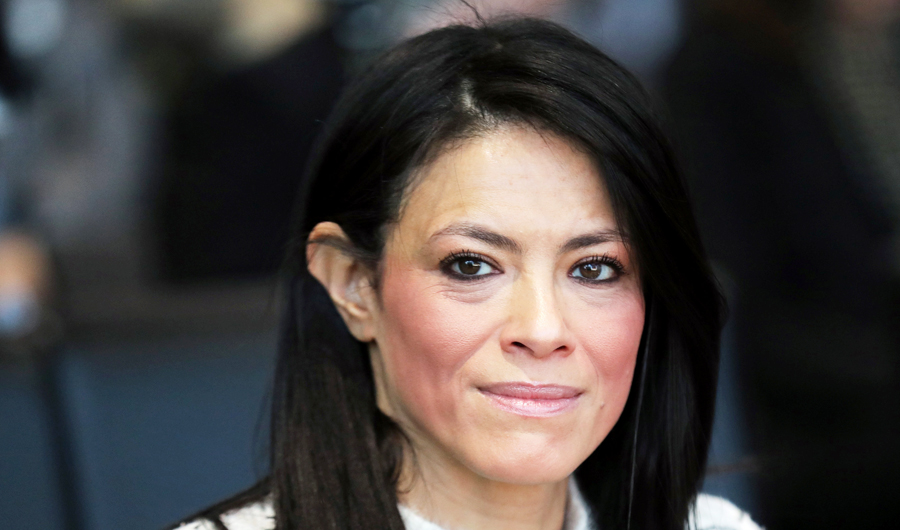Palestinians torn as Israel seeks Gulf tourists in Jerusalem
JERUSALEM: With Israel courting Gulf tourists and establishing new air links to the major travel hubs of Dubai and Abu Dhabi, Palestinians in East Jerusalem could soon see a tourism boon after months in which the coronavirus transformed the Holy City into a ghost town.
The Palestinians hope to establish a state including East Jerusalem and the West Bank, territories occupied by Israel in the 1967 war. Arab support, seen as a key form of leverage in decades of on-again, off-again peace negotiations, now appears to be evaporating, leaving the Palestinians arguably weaker and more isolated than at any point in recent history.
In a striking development last week, a delegation of Israeli settlers visited the Emirates to discuss business opportunities. The Palestinians view settlements in the West Bank and East Jerusalem as the main obstacle to peace, and most of the international community considers them to be illegal.
But the prospect of expanded religious tourism could end up benefiting Israelis and Palestinians alike, as wealthy Gulf tourists and Muslim pilgrims from further afield take advantage of new air links and improved relations to visit Al-Aqsa and other holy sites.
Israel considers all of Jerusalem to be its capital, and its Jerusalem municipality is organizing conferences and seminars to help tourism operators market the city to Gulf travelers.
Hassan-Nahoum, who recently visited the Emirates and is a co-founder of the UAE-Israel Business Council, said the municipality is reaching out to local Arab tour operators to ensure the benefits extend to all.
Abu-Dayyeh expects up to 28 flights a day arriving in Tel Aviv from Dubai and Abu Dhabi, global travel hubs for long-haul carriers Emirates and Etihad, making it easier for travelers from the Far East and South America to reach the Holy Land.
He’s confident Palestinian operators will be able to compete. “We’re on the ground here and we’ve been giving this service for many years, for hundreds of years,” he said.
Other Palestinians appear to be more skeptical. More than a dozen Palestinian shop owners in Jerusalem’s Old City, which is largely shut down because of the coronavirus, declined to comment on the push for Gulf tourism, saying it was too politically sensitive.
There are also concerns that an Israeli push to promote tourism to Al-Aqsa could heighten tensions.
The hilltop esplanade in the Old City, home to the Al-Aqsa Mosque and the iconic Dome of the Rock shrine, is the third holiest site in Islam. It is also the holiest site for Jews, who refer to it as the Temple Mount because it was the location of the two biblical temples in ancient times.
The site is a raw nerve in the Israeli-Palestinian conflict, and tensions have soared in recent years as religious and nationalist Jews have visited in ever-larger numbers, escorted by the Israeli police.
Officials from the Waqf, the Jordanian religious body that oversees the mosque compound, declined to comment on Israel’s efforts to promote Gulf tourism to the site, underscoring the political sensitivities.
Ikrema Sabri, the imam who leads Friday prayers at Al-Aqsa, said any visits must be coordinated with the Waqf so that they do not advance any Israeli claim to sovereignty over the site. The Palestinians have long feared that Israel intends to take over the site or partition it. The Israeli government says it is committed to the status quo.
“Any visitor from outside Palestine must coordinate with the Waqf,” Sabri said. “But any visitor from the side of the occupation, we do not welcome or accept them.”

Israel strikes Hamas positions after rockets fired from GazaIsrael resumes plans of east Jerusalem settlement, cuts access for Palestinians




